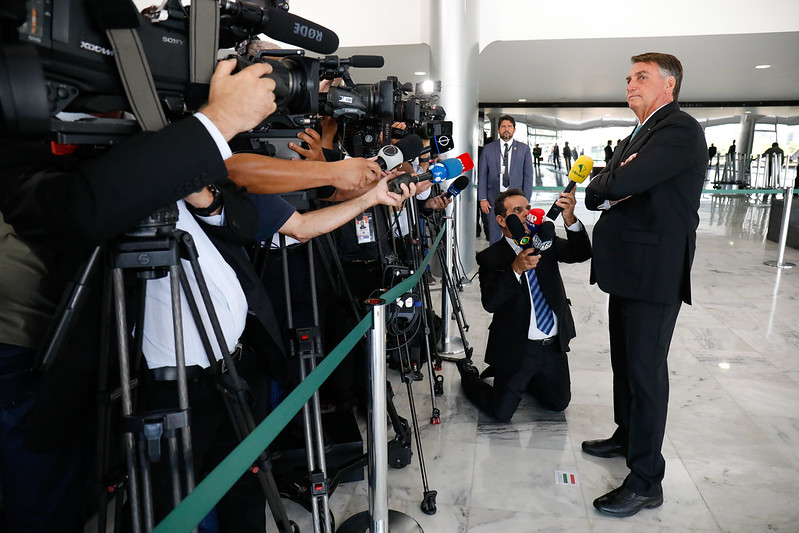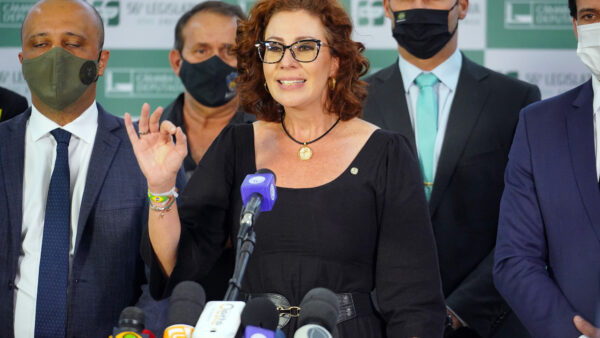In recent weeks, President Jair Bolsonaro has led a charge to obliterate fiscal rules to create feel-good factors around the economy. The most notable example was the so-called “Desperation Bill,” which places Brazil under a state of emergency until the end of the year as a means to ramp up social spending.
The moves had a clear objective: to attract votes to the incumbent president, who is still struggling in polls behind former head of state Luiz Inácio Lula da Silva.
But a poll published today by Ipespe suggests that the intended electoral effects are so far very limited. According to Ipespe measurements, the race remains largely stable with Lula on 44 percent of voting intentions against Mr. Bolsonaro’s 35 percent.
Lula’s vote share fell by one point, and the incumbent president went up also by a point. While the move indicates a favorable change (albeit one within the poll’s confidence interval), it seems insufficient to provide Mr. Bolsonaro with the massive swing he needs to bring the election home.
In runoff simulations, Mr. Bolsonaro gained only a point to 36 percent, while Lula jumped by 9 points to 54 percent of the vote. The poll suggests that while Mr. Bolsonaro’s support is loyal, the president is having trouble reaching voters outside his base.
Ipespe founder Antônio Lavareda, a political scientist, said on Twitter Mr. Bolsonaro will have 9 million fewer votes than Lula if his polling growth continues at the current pace. “The pace [at which the president is rallying in the polls] is insufficient and frustrated the government’s own expectations,” Mr. Lavareda told CNN Brasil.
The survey was carried out between July 20 and 22, when the government’s economic measures had already been announced. They involved a 50-percent increase in monthly payments of the Auxílio Brasil cash-transfer scheme and stimulus programs for truck drivers and taxi drivers.
To speed up voters’ mood change, the government decided to bring forward the payment of Auxílio Brasil to the beginning of August.
The president trails far behind Lula among low-income voters (51-28), young voters (50-27), and women (48-30) — key demographics in the election.


 Search
Search






































